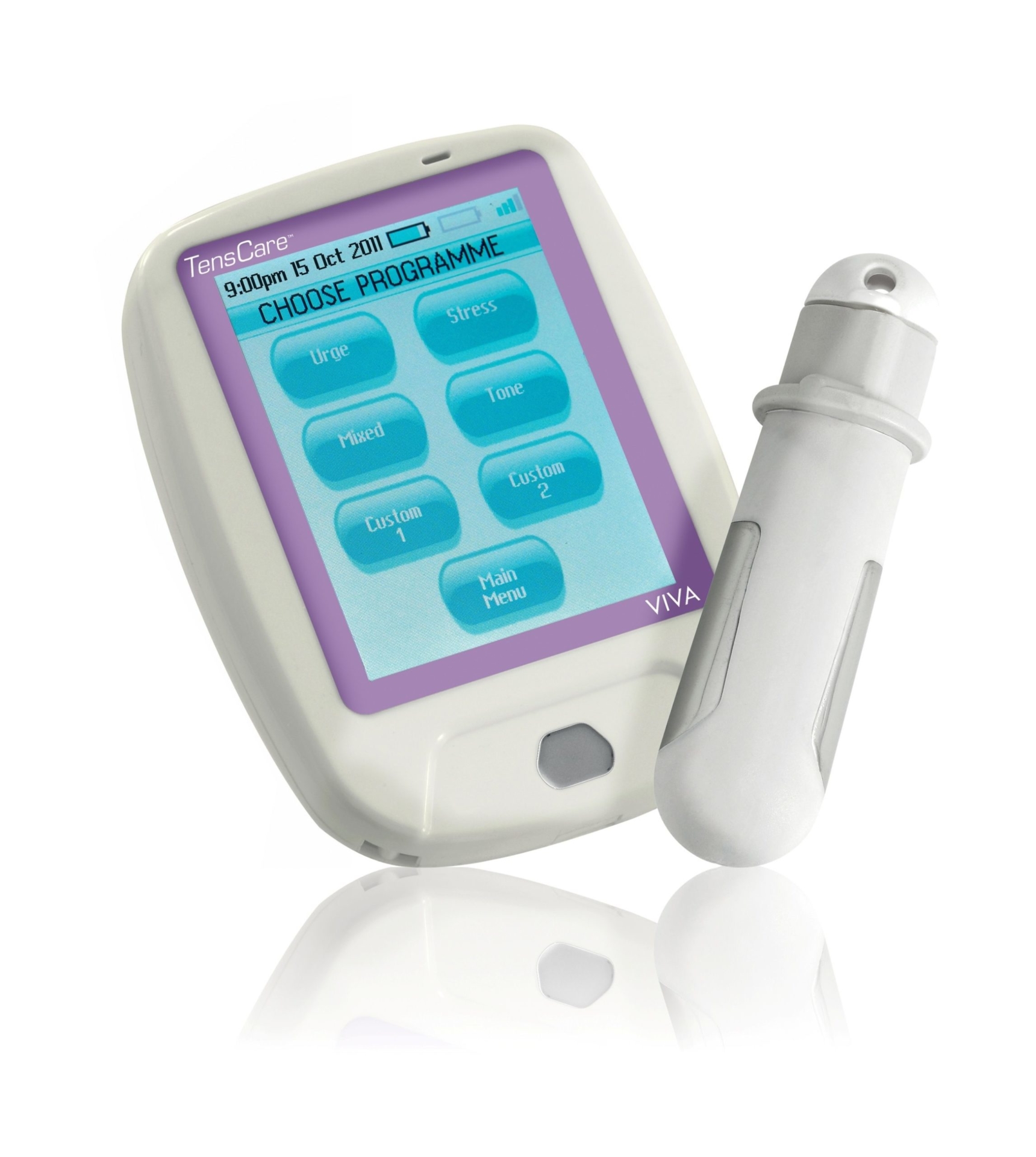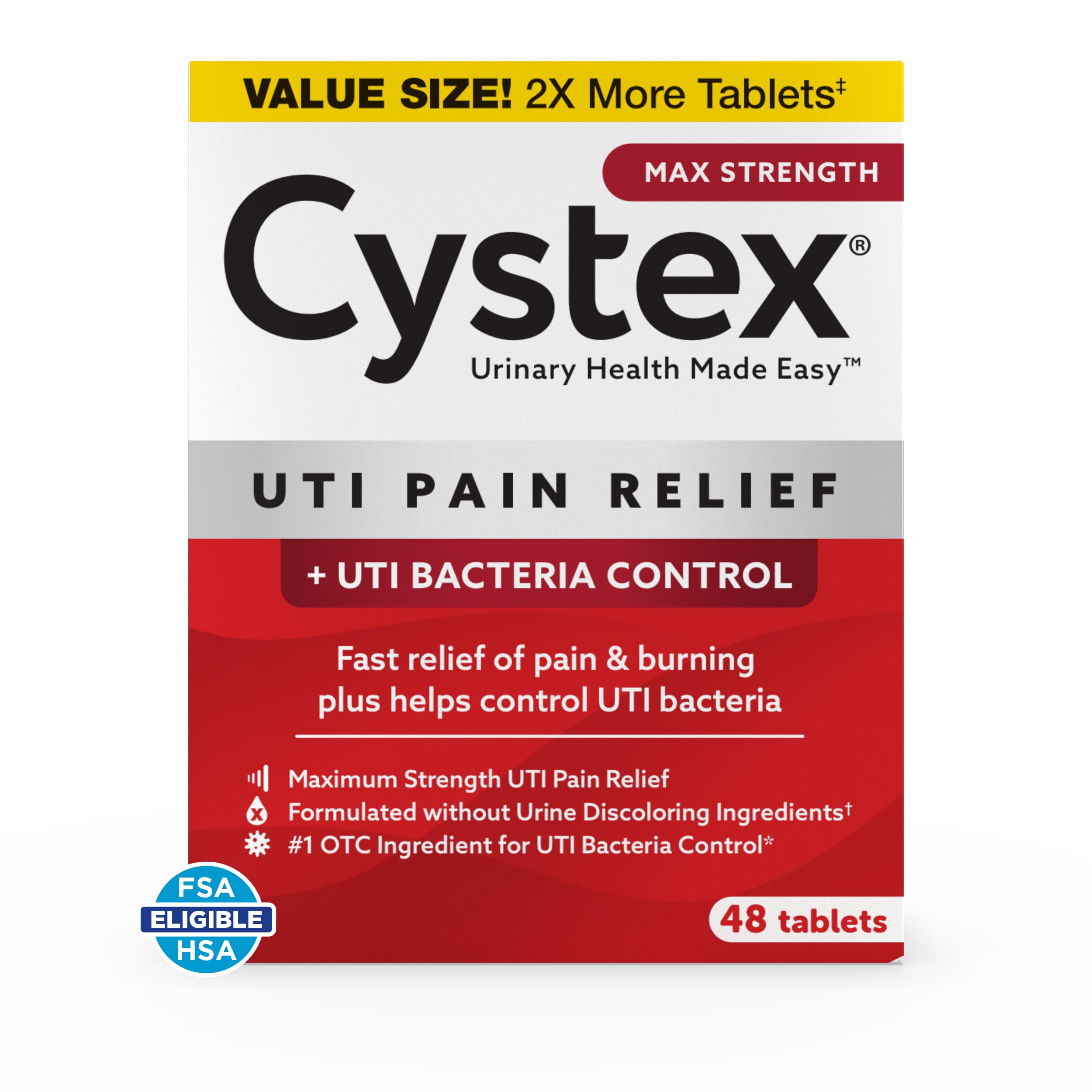
September 1, 2024
Best Sleeping Placements For An Overactive Bladder
Peeing A Lot At Night Nocturia: Reasons And Treatment If you have rest apnea and OAB, resting on your side might help. It's approximated that relocating from resting on the back to resting on the side can get rid of sleep apnea symptoms in around 20 percent of people. If you have OAB, you might be wondering if certain sleep positions might help reduce your requirement to pee in the evening. Maintain reading as we explore this topic and other means to advertise an excellent evening's sleep with OAB.- Nonetheless, do not restrict liquids to the point of ending up being dried out.
- We examine how and why nighttime urination and rest apnea usually overlap and provide administration tips.
- This treatment may enable your bladder to save even more urine yet can make the bladder more difficult to empty, which may need you to use a catheter to empty your bladder.
- Your physician may recommend drugs when safety nets and way of living adjustments fall short to decrease the frequency of your nighttime peeing.
- Kegel workouts are a straightforward method to construct strength in your pelvic floor muscles.
- For example, a person may have disrupted rest due to nocturia, however nocturia may happen as a result of the interrupted sleep.
Signs Of Bladder Incontinence
How to quit urinating while resting?

Medical Professionals
This is a treatment that allows the doctor to check out the within your bladder by inserting a slim tube with a lens inside the urethra. The preliminary exam will possibly include a urinalysis and urine culture. Most of the moment in individuals with nighttime enuresis, these test results come back entirely regular. The bladder can not hold as much pee as the body is making, or the bladder can not empty completely, causing small amounts of urinary leakage. In this case "stress" describes physical stress, as opposed to mental tension. When the bladder and muscles associated with urinary control are put under unexpected additional pressure, the individual might urinate unwillingly. You might have the ability to regulate, or suppress, the strong impulse to urinate, which is called desire or urgency suppression. With this type of bladder training, you can worry much less regarding finding a shower room quickly. Some individuals sidetrack themselves to take their minds off needing to pee. Other individuals locate that long, relaxing breaths or holding still can aid. Research has actually found that overweight and obese ladies that reduce weight record fewer episodes of bladder leak. Your physician will certainly would like to know as high as feasible regarding your bladder leaks-- when they happen, how much pee comes out, and what you're doing when leakages take place. Take into consideration keeping a journal of when you pee and when you have leaks, recommends Wright. There are prescription medications that are readily available to help with OAB. A physician might advise them when home care isn't helping to manage your symptoms. If you have OAB, there are different therapies that can aid. Particular way of living modifications might additionally be advised to decrease nighttime peeing. Your doctor or registered nurse may ask you to keep a journal for 2 to 3 days to track when you vacant your bladder or leak urine. The diary might assist your physician or nurse see patterns in the urinary incontinence that offer hints regarding the feasible reason and treatments that could work for you. Urinary incontinence is generally caused by troubles with the muscles and nerves that assist the bladder hold or pass urine. Urinary system incontinence might additionally take place if there is a problem with the nerves that manage the bladder muscles and urethra. Urinary urinary incontinence can indicate you leakage a small amount of pee or release a lot of pee all at once. Consuming a great deal of fluids prior to going to bed-- particularly caffeine or alcohol-- can also enhance your nighttime shower room trips. High levels of caffeine and alcohol can make you need to pee more often as a whole and are thought about bladder toxic irritants. They might inquire about rest patterns, digestive tract practices, and urinary signs and symptoms (such as an impulse to pee a lot or discomfort or burning when you pee). The most typical drugs imitate the hormonal agent ADH, slowing production of urine in the kidneys and minimizing the instances of bedwetting. With this type, your mind, spinal cord and bladder don't collaborate appropriately to allow you to hold and launch pee at the right time. Or you may seem like you require to urinate often, a trouble called overactive bladder. 
Social Links